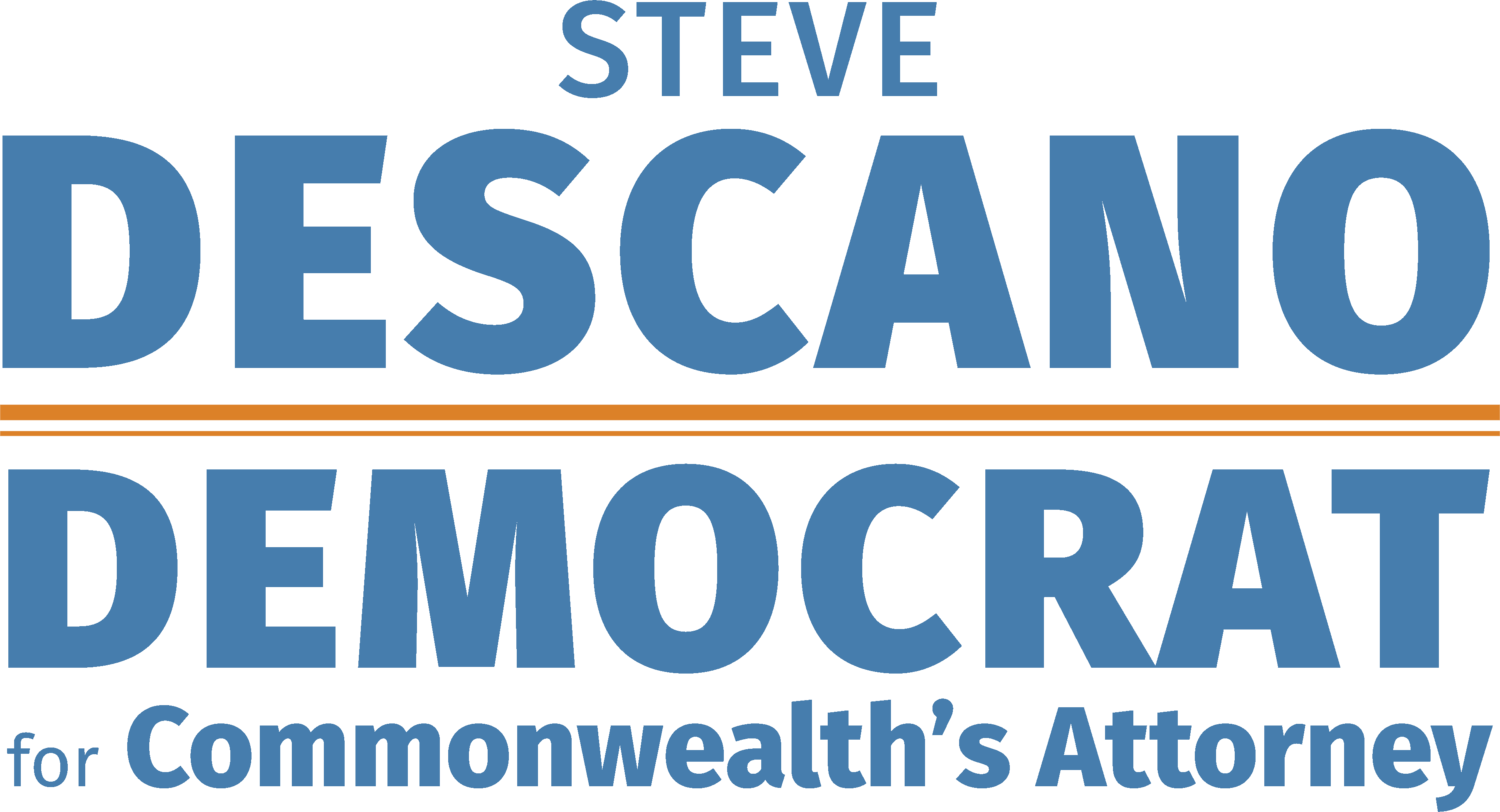Equality
Reforming the Cash Bail System
Cash bail undercuts one of the most critical pillars of our criminal justice system: the idea that rich and poor have the same access to justice. Under a cash bail system, whether a person sleeps at home or in a cell can be determined solely by how much money they have. Some researchers estimate that more than 60% of people in jail are there because they’re awaiting trial, but don’t have the money to afford bail.
The inability to afford bail, even for a relatively short time, wreaks havoc on the still-legally-innocent individual’s life. Those awaiting trail often lose their jobs, and by extension their means of providing housing to themselves and their children. The consequences of being poor and in the criminal justice system are immense, and so is the pressure. In fact, the pressure on these individuals is what disposes of many cases. In desperation to get out of jail and keep their lives and the lives of their families’ intact, people will often take ill-advised plea deals simply so they can return home sooner. This happens with alarming regularity. Even if these people are released immediately upon pleading guilty, they will have a criminal record that negatively affects their ability to find employment, further their education, and find housing.
Even if cash bail kept our communities safe, its consequences would still be troubling. But dangerous people who are out on bail won’t cease to be dangerous because they paid a few hundred dollars. The payment of money simply has no relation to an individual’s ability to keep the peace. The factors that do relate to safety are known and are largely quantifiable. Counties and states across the country have developed effective tools to determine whether releasing someone before trial poses a danger to the community. We should be relying on those tools—which have been proven to work—and not on outdated and scientifically unsound fallacies that do nothing but criminalize poverty.
Combating Racial Inequality
Justice is meant to be blind, but the numbers don’t lie. Far too often race and ethnicity are determining factors in the outcome of someone’s experience with the criminal justice system. We need an institutional approach to rooting out systemic discrimination and implicit bias. Steve will develop metrics that flag areas of systemic discrimination and implement solutions to fix those inequalities. Steve will ensure his office’s charging decisions, bail recommendations, plea offers, and sentencing recommendations treat people of all races and backgrounds equally.
Ending Trial by Ambush
Virginia’s criminal trial system is accurately described as “trial by ambush.” Defendants are not entitled to know witnesses against them and what the police investigation has uncovered. Virginia’s rules force defendants to try to craft a defense without most of the information one would need to do so. The result is a power imbalance that greatly increases the chances of an innocent person being falsely convicted. That’s not justice. Steve will reform the discovery practices that create “trial by ambush.” Steve’s office will reflect the idea laid out by the Supreme Court more than 50 years ago in Brady v. Maryland: “Society wins not only when the guilty are convicted, but when criminal trials are fair; our system for the administration of justice suffers when any accused is treated unfairly.”
